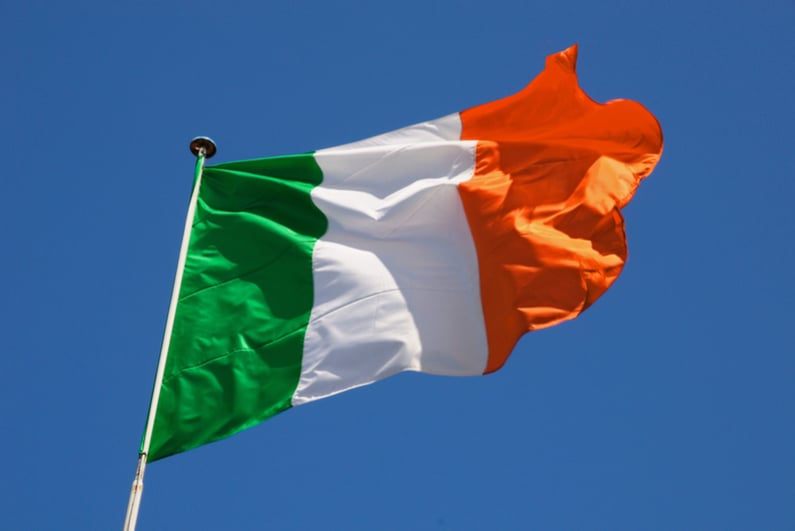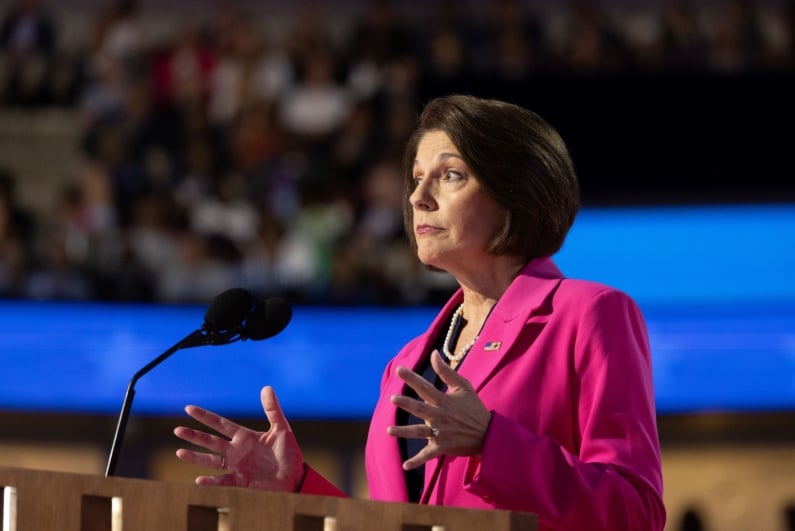30-second summary
- An Irish politician blames the government for neglecting problem gamblers
- Industry experts believe that there is a need for radical change
- The gambling laws have not been updated since 1956
- A bill could be on the way by 2020
Increasing issues with problem gambling
A politician for the leading opposition political party in Ireland is blaming the government for the increase of problem gambling in the country. The politician in question is Jack Chambers of Fianna Fail.
He says that the country doesn’t properly regulate gambling. More young people are struggling with gambling issues than ever before. There is now an inquiry to learn just how many males in the 18-to-25 age range are problem gamblers.
Chambers points at the lack of action by the government. He believes that the government is not aware of the extent of the problem and is doing little to stop the spread of gambling addiction. The Times inquiry has their team talking to industry experts about this issue.
Spiraling out of control
One of these experts points out that financial loss is not the detrimental aspect of problem gambling. This uncontrollable and obsessive behavior can have severely devastating outcomes on the lives of the individual and those around him or her. This is especially the case since the rise in popularity of mobile gambling.
One of the experts believes that bookmakers have the data to understand the extent of these issues. An area of focus should be on those who have crippling debts because of their gambling activity. Measures are needed to address young people who are compulsive gamblers.
A lot of those young men have low levels of disposable income and are suffering seemingly small losses. This is why those in some quarters do not deem them to be particularly at risk. However, there have been countless instances both in Ireland and in the United Kingdom of compulsive gamblers stealing from their employers and family to fuel their gambling habit.
New regulatory body needed?
There are now calls for a new gambling regulatory body that would require bookmakers to share key information on their customers and their gambling habits. There could also be a push for a central database of all the people partaking in the self-exclusion policies as a result of gambling addiction in the country, according to industry experts.
Bookmakers should be able to access such a database. They would then be able to stop problem gamblers who are self-excluded from one of their rivals from opening accounts.
Such a move has been discussed for years. However, it has been held back due to concerns over data protection. A special report on the matter is expected at some time this year.
The government has been shipping criticism for their role in the lack of progress on this front. A gambling control bill will come before the spring legislative session. However, this is not a priority for the government.
What changes are on the way?
Expectations are that an update to the current gambling laws will come by 2020. At the moment, the gambling laws are from the Betting Act of 1931 and the Gaming and Lotteries Act of 1956. Naturally, they are out of date and in need of updating.
The new framework will look very similar to what is in place in other European states. Protections are urgently needed, especially for the youth. Video games and loot boxes are now becoming more and more gambling-based.
As part of a bill, an independent regulator would be created to oversee all aspects of gambling regulation. A mandatory levy on gambling operators would be introduced to go toward helping problem gamblers. Because gambling is such a complex industry with modern technology, a dedicated team is needed for oversight. This idea is receiving bipartisan support; the Irish Bookmakers Association is also in favor.
Falling in line
Online offshore operators should have to comply with the same rules as those with physical gambling operations in the country.
Another key measure would be to cut the maximum stakes at fixed odds betting terminals. These machines have been called “similar to crack cocaine” because of their addictive traits.
A new tax hike went into effect on January 1. The tax on gambling turnover tax was doubled from 1% to 2%. While operators, of course, were not happy, the government will review the results of this tax rise following the end of the first quarter of 2019. Revisions will be made if necessary.




